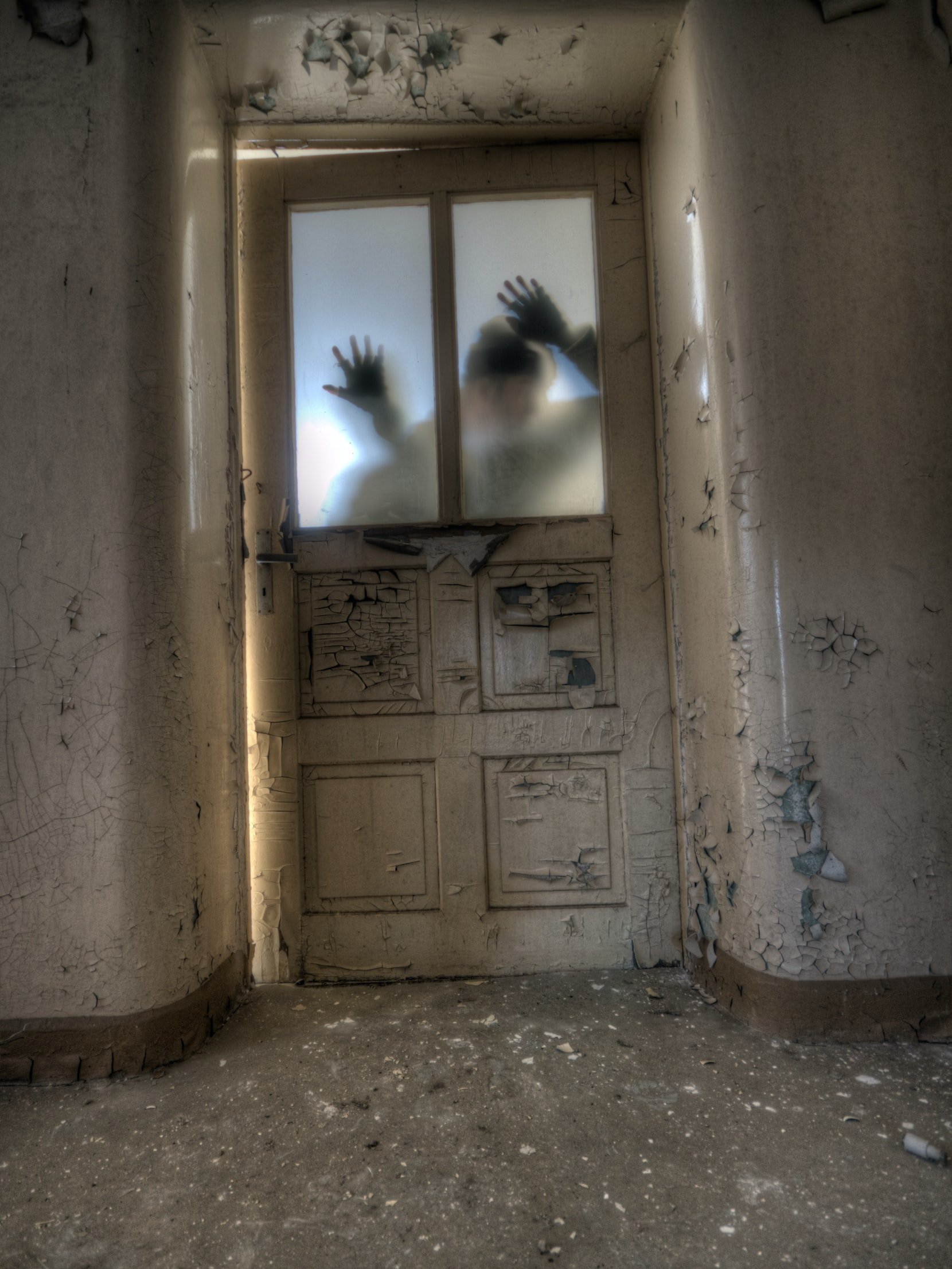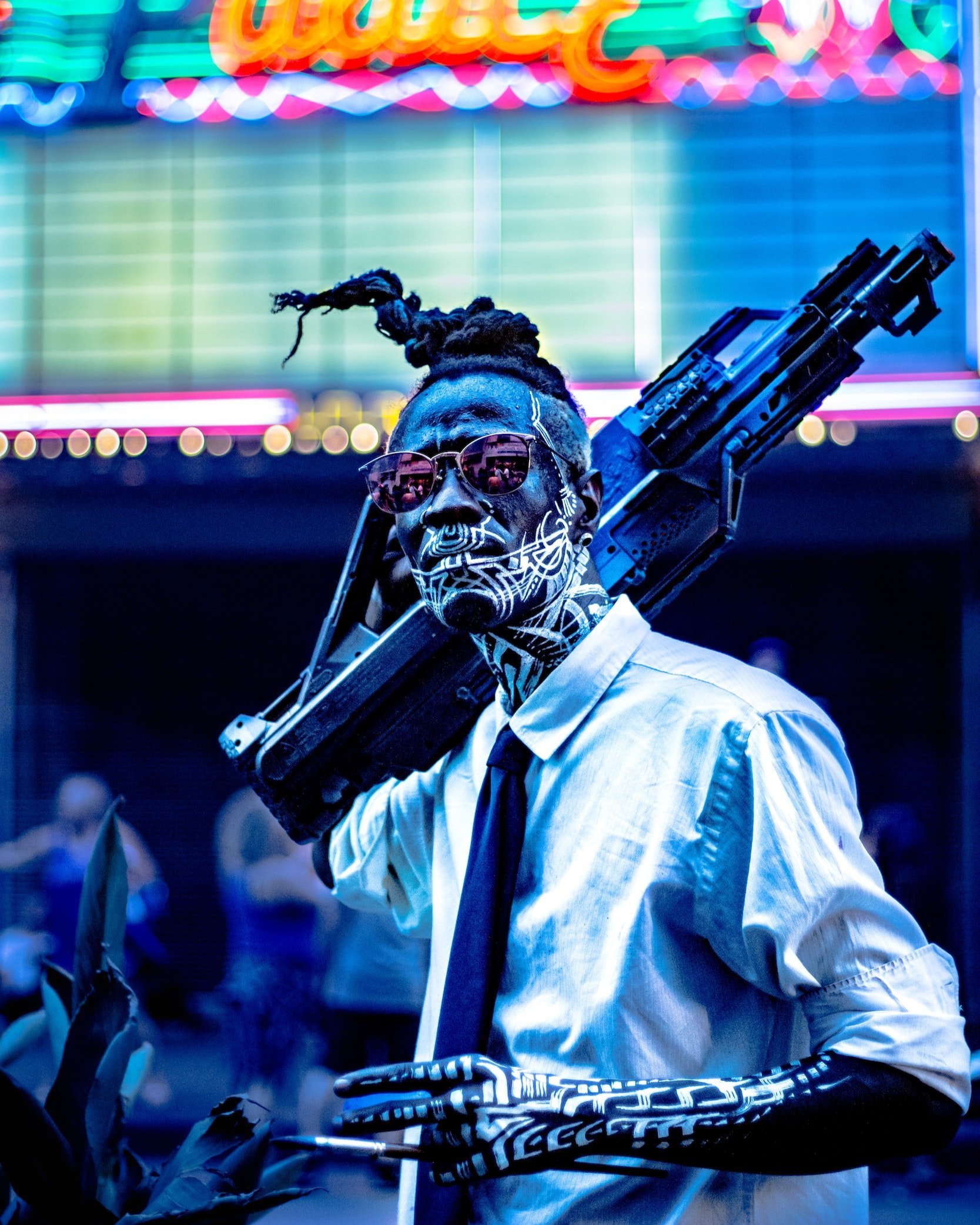Redeeming Flesh: Interview with Theofantastique
Regular readers of the blog probably know that one of the two books I’ve published so far includes Redeeming Flesh: the Way of the Cross with Zombie Jesus (Cascade 2016). What started as a set of notes for a Holy Week retreat for seminarians in the Archdiocese of Brisbane soon became a book length research project, and I to this day remain grateful for the chance to lead that retreat, which gave me the impetus to write the book.
It has been a few years since the book was published, and a long while since I last spoke about the book on a podcast (the first mention of it being an episode of This Catholic Life).
Earlier this month, I made contact with John W Morehead, who with Kim Paffenroth, edited The Undead and Theology. It was an incredibly insightful text and I cited aspects of that book in Redeeming Flesh. Morehead is also one of the editors of the Journal of Gods & Monsters. Morehead also runs the website Theofantastique, which acts as a convergence point for reflecting on pop culture’s fascination with the mythological and mysterious.
After kindly purchasing a copy of Redeeming Flesh, Morehead invited me to a podcast interview for his website Theofantastique, which acts as a convergence point for reflecting on pop culture’s fascination with the mythological and mysterious.
The interview focused largely on the topic of why Christians needed to take seriously the motif of Zombie Jesus, a meme that was originally designed to offend Christians. I spoke of Redeeming Flesh as an act of “theological jiujitsu”, in the sense that we use the momentum of the critical freight of the Zombie Jesus meme, and turn it into a critical appraisal of postmodern culture. In particular, I argued that the book aimed to unveil the theological undercurrents that course through the seemingly secular aims of postmodern culture. I also brought up Slavoj Žižek’s take on Freud’s notion of the “death drive”, which I explored in the book, as a way to explain how postmodern culture taps into our collective desire to transcend our limited embodied capacities. I said that Freud’s “death drive” (or Žižek’s “undeadness”) was a good way of capturing the end game of a culture that, lacking a transcendent horizon, could only pivot us in the direction of death.
Technical difficulties made the interview rather glitchy, but the video of that interview has now been uploaded to view on Youtube. You can watch the interview on Theofantastique by clicking here. I am grateful to Morehead for the chance to speak with him.
For a more detailed summary of Redeeming Flesh, you could also refer to my article on Church Life Journal.
As a teaser for what is to come, we would be continuing the pop cultural theme, and would be dedicating the whole month of November be dedicated to a four-part reflection on the Netflix series Cyberpunk: Edgerunner.
Stay tuned.
Support Awkward Asian Theologian on Patreon, and help make a change to the theological web.



